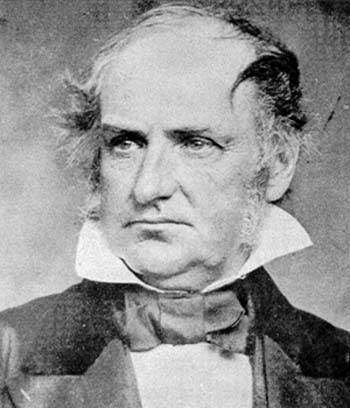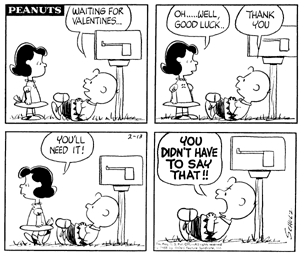Narrative of a Private Soldier » Chapter I » Pennsylvania Buck-Tails
My great-great-grandfather, Charles Lewis Francis, arrived from Wales in 1860, at age 17, and shortly thereafter participated in the action of the Civil War. In 1879, he wrote and published a memoir of this period. I’ve scanned in the text and made it available as raw PDF scans and as an incomplete full-text PDF. As I correct the OCR’d chapters, I’ll be posting the sections to my blog. This is the sixth section of Chapter I.
Again I went on a expedition to Virginia with a column of troops. We did not know where we were going to what we were going for, but at a miserable place called Drainsville, it was a question whether, in the skirmish that took place, we got beaten or were victorious. At any rate we came back without having accomplished any specific object that I know of. I believe this was undertaken by the troops of General McCall’s Pennsylvania Reserve Corps.
During the rest of the winter of 1861–2 I was engaged in going from camp to camp, and in the habit of staying away from home for days and weeks together. Of course it was very wrong and all that, and I invariably got lectured upon my return, but after all, I had many interesting experiences during that time, and besides, amid such scenes it would be hard to control a youth of eighteen, especially as a wide and treacherous ocean existed between him and direct parental authority. So I had very much my own way.
I encamped at Tennalytown — a little beyond Georgetown — with the celebrated “Buck Tails” of Pennsylvania, and made many acquaintances among the men of the various regiments. I was in a position to return services for entertainment, because, military discipline being rigidly enforced, few of the officers or men were allowed to go beyond the grand lines of their respective brigades or divisions, whereas I was not so amenable to arbitrary orders, and could go and return nearly as it suited me, and thus was enabled to perform many little commissions for those with whom I associated. There were four or five regiments in the brigade of “Buck Tails,” and these, with several others, and a battery, commanded, if I remember well, by a Captain McClure, formed what was known as the “Pennsylvania Reserve Corps.” The whole was commanded by General McCall.
I became very intimate with several men in the Forty-sixth Pennsylvania regiment. Indeed, I think it was that regiment that had whole companies of Welshmen in it. One of the men of this regiment was sadly homesick, and, as he had a sister who was a domestic in the family of Galusha A. Grow, the then Speaker of the House of Representatives, I was duly commissioned to interview her and lay his case before her in such a way as, that she should duly communicate the same to her august employer, for relief.
Whether my mission or her labors were ever successful I never learned, but I do know that then I reached home and told where it had been, I received the severest correction short of a thrashing I had ever had, from my aristocratic great aunt for communing with a “servant.” It was very shocking to her when she saw how quickly I had blossomed into so democratic a flower.
Dear, high-minded old aunt! If she had but recalled history then, or was alive now to know as much as we do about the inside springs that move great men, she would have realized that “servants” had before controlled, did then, and no doubt would thereafter wield no small influence in shaping the policies of those whom they serve — all the way between presented a good or bad dinner, guarding secrets well, and the other extreme, allowing themselves to be courted by newspaper correspondents or other — spies. But that is not a narrative, and ought, if printed at all, to be placed in parentheses, and it would have been, if I had not been advised by very respectable authority to entirely discard the use of them in the kind of writing described in my title-page.
I visited the camps and fortifications on both sides of the river. I was very much interested in the organization of the Sixth (or Fifth) United States Cavalry. The regiment was encamped on the great plain east of the capitol and not far from the Congressional burying ground. General Hunter was the Colonel and General Emory was the Lieutenant Colonel. As a matter of fact, there were few officers of the regiment between generals and second lieutenants. I had very lively times as I scampered over the plain with the regiment, engaged as it was in “breaking in” both men and horses.
After half a dozen lucky falls and a score of other mishaps, I became quite expert as a rider, and I do not know but that I might have been a sub-altern in the regiment had I not been dissuaded from making an application by the highest domestic authority, who declared that in all her experience of sixty to eighty years, “none but scapegraces ever went into the army.” That was equal to a lawful veto, and bad as I was, I determined, although two generations removed, and a recent importation of the blood at that, not to voluntarily make of myself the traditional scapegrace of the family. Like arguments caused me to desist a short time after, when at Camp Carroll, just outside of Baltimore, I was found dressed in a blouse, wearing a jaunty cap, and drilling a squad of men of the Fifth Maryland Volunteers, over whom I hourly expected to be placed in command.







